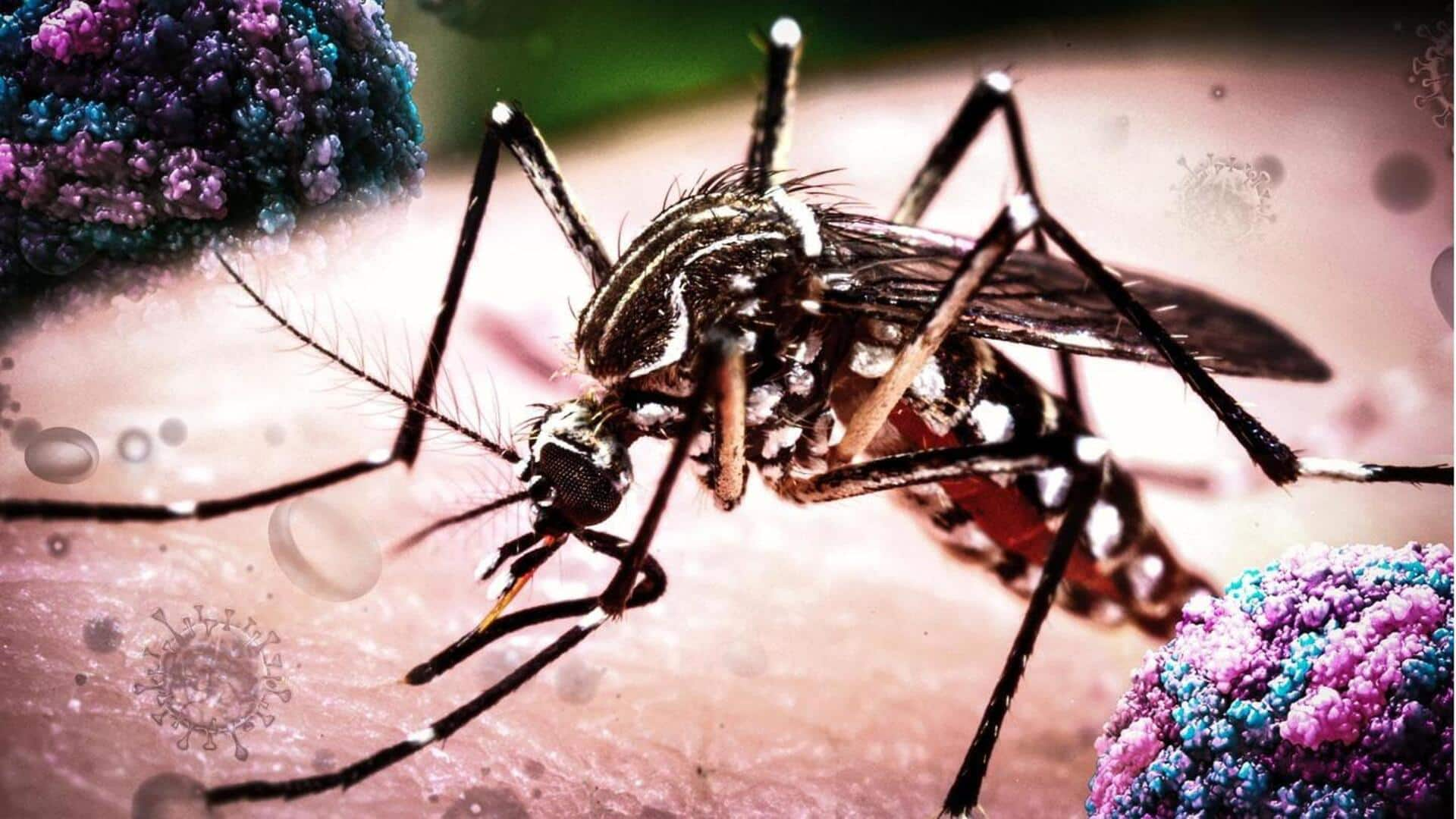
Karnataka: Zika virus detected near Bengaluru, fever cases being analyzed
What's the story
Authorities in Bengaluru are on high alert after the Zika virus was detected in a mosquito in the Chikkaballapur district of Karnataka. Providing details on the detection, District Health Officer Dr. S Mahesh said, "As many as 100 samples were collected from across the state. Six were from Chikkaballapur, and five of them tested negative. One was positive."
Details
Health authorities sprung into action after Zika virus detection
After the virus was detected in the Talakayala Betta village under Chikkaballapur's Sidlaghatta taluk, health authorities sprang into action and collected samples from the areas within a five-kilometer radius of the village. News agency IANS reported that blood samples of 30 pregnant women and seven individuals with fever symptoms have been collected and sent for testing to Bengaluru. Around 5,000 people in the region are also being closely monitored by health officials.
What Next?
All you need to know about Zika virus
Zika virus is transmitted through an infected Aedes mosquito bite. The mosquito is also responsible for spreading diseases like Chikungunya and Dengue. After being detected in monkeys in 1947, the virus was later identified in humans in 1952 in Uganda and the United Republic of Tanzania. The virus then started spreading between 1969 and 1983 in Asia, namely in India, Malaysia, Indonesia, and Pakistan, where it was detected in mosquitoes.
Know more
Zika virus symptoms
Common symptoms of Zika virus infection include rash, fever, conjunctivitis, headache, and joint and muscle pain. While mild symptoms last for up to a week, the virus can cause nervous or brain complications like Guillain-Barre syndrome in some cases. Furthermore, pregnant women infected with Zika may run the risk of miscarriage or severe congenital disabilities in their newborns.
More details
Treatment and prevention of Zika infection
At present, there is no vaccine or treatment available for the virus. However, mild symptoms can be managed easily with analgesics or antipyretics. Individuals can also protect themselves from mosquito bites by applying insect repellent to their exposed skin and wearing light-colored clothes that cover the body. Using mosquito nets during sleep and protection during sexual intercourse, especially in active Zika transmission areas, are also effective ways to prevent the virus from spreading.